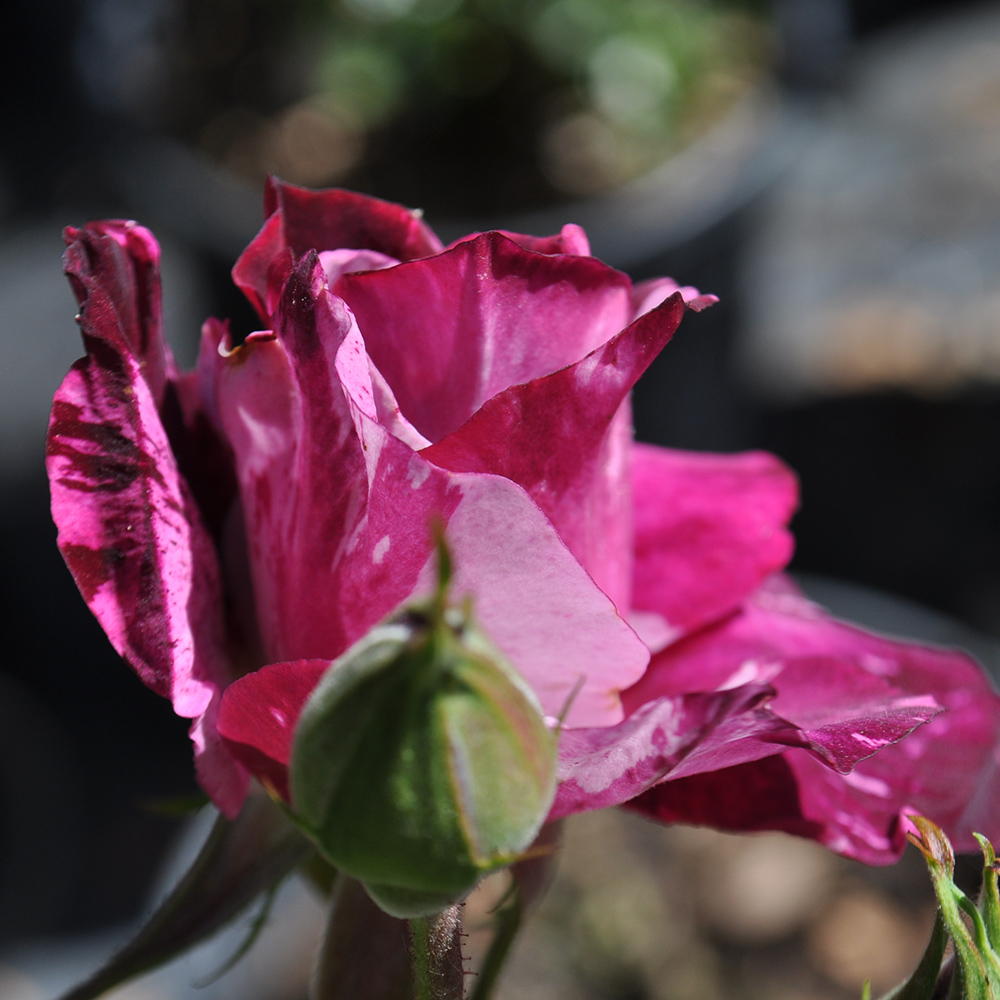
We get a lot of calls about aphids this time of year, from annoyed gardeners who spot the pests on plants such as rose bushes. Aphids generally turn up during the spring months, and are spotted in clusters on the leaves and stems of bushes. These small insects are generally less than 1/8 inch long, and are usually light green in color but can sometimes be red, black, tan, or orange. In fact, the color of aphids actually seems to be related to the type of plant on which they prefer to feed.
Aphids appear to appreciate roses as a feeding ground, but also as a place to hide and make nests. Their eggs are tiny and black, making them difficult to spot, but the presence of a large number of ants may tip off gardeners to the presence of aphids. Since they secrete a honeydew-like substance, ants will often congregate around aphids and even appear to protect or take care of their food source.
Gardeners often notice aphids appearing around the same time as new growth on their rose bushes, because aphids feed on succulent leaves and stems. As they suck juices out of the new growth, the foliage may curl or blacken. Growth may also be stunted. The substance they secrete may become moldy and leave an unsightly black fuzz on leaves or buds.
Aphids aren’t necessarily a huge threat to plants. Because they become dormant in very hot temperatures, the insects will generally only pose a threat during spring months. One option for gardeners is to simply wait out the infestation, especially if it doesn’t seem severe.
If the number of aphids is particularly high, gardeners who are concerned about damage to their plants have several options to get rid of them. A soapy water application will kill aphids if applied about once per week. A mix of two to three tablespoons of very gentle dish detergent, mixed with one quart of water, should be thoroughly sprayed onto the plants. It is possible to burn plants, however, so gardeners should be careful not to go overboard with this method.
Another option is to take advantage of nature’s balance. Ladybugs are a natural predator of aphids, so savvy gardeners sometimes plant flowers which attract ladybugs. It’s even possible to buy a container of ladybugs and release them into the garden, where they will happily feast upon the aphids and provide effortless control of the infestation.

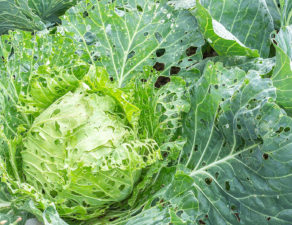
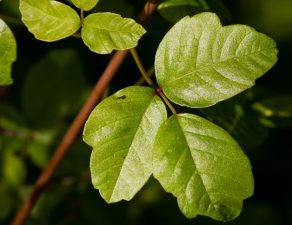
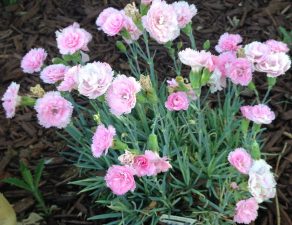
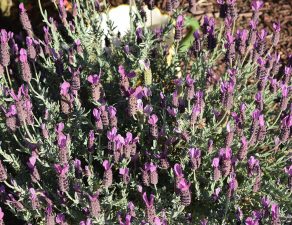
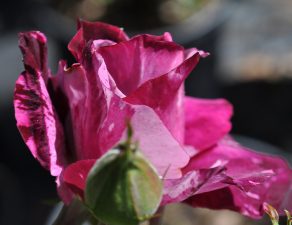
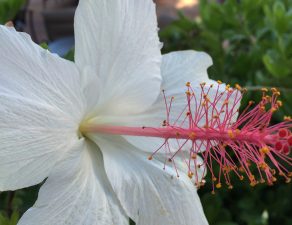
Write a comment: